location
Latest
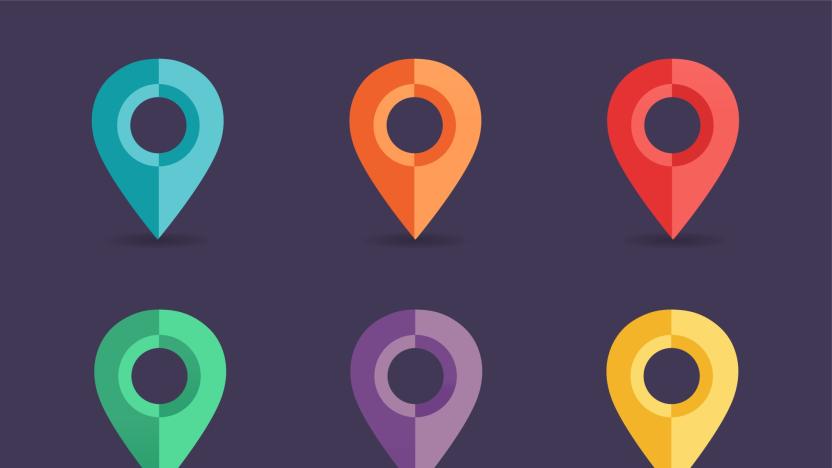
Twitter removes precise geo-tagging option from tweets
Twitter has announced it will be removing the ability to tag your precise location from tweets. In a tweet from its support account, the company explained that most users didn't use the location-tagging feature and removing it would "simplify" the tweeting experience. The one exception will be tweeted photos from Twitter's updated camera.
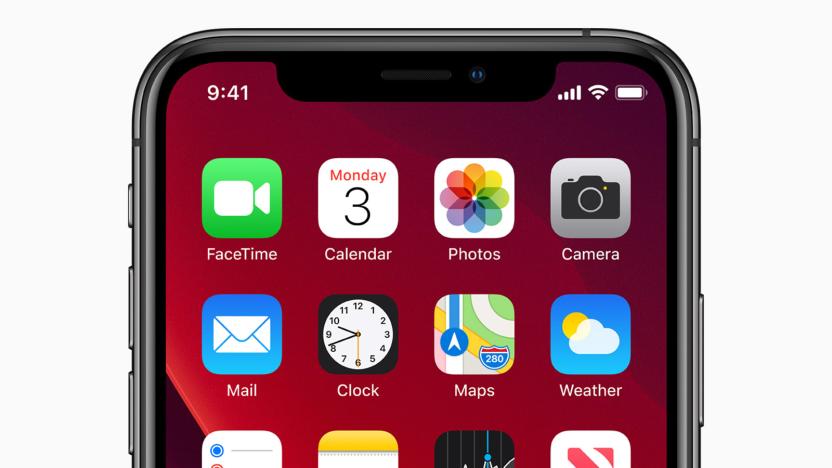
iOS 13 will show locations where apps have tracked you
Apple will be big on privacy in iOS 13, and that includes the data collected after you've granted permission. Beta testers at 9to5Mac and elsewhere have discovered the upcoming release (and iPadOS) will occasionally pop up detailed panels asking if you want to retain the level of location sharing you have for a given app, including a map of just where an app has been tracking you. There's also a description of just why an app needs that tracking data. If you're uncomfortable with either explanation, you can limit location gathering on the spot.

iOS 13 beta mentions Apple’s Tile-like tracking device
It appears Apple left one item out of its Worldwide Developers Conference (WWDC) yesterday: its Tile-like tracking device. Earlier this spring, we learned that Apple is supposedly working on a tracking tag, but the company didn't mention it amidst news of its updated operating systems, Mac Pro and HomeKit security improvements. However, in the iOS 13 beta, developers spotted an asset package for a device with the product type "Tag1,1." As 9to5Mac reports, that type of asset package is used for pairing devices by proximity -- like AirPods and HomePod. It's more evidence to support rumors that Apple is working on a tracking device.

US carriers say they've stopped selling location data
You might not have to worry quite so much about carriers selling your phone location data to less-than-diligent third parties. AT&T, Sprint, T-Mobile and Verizon (Engadget's parent company) have provided responses to FCC Commissioner Jessica Rosenworcel's request for an update on the practice, with all four saying they'd halted sales to aggregators sometime after promising to do so back in June 2018. AT&T, T-Mobile and Verizon all said they'd terminated their last sales at varying points in March 2019, while Sprint said it was ending its last deal with a location aggregator on May 31st.
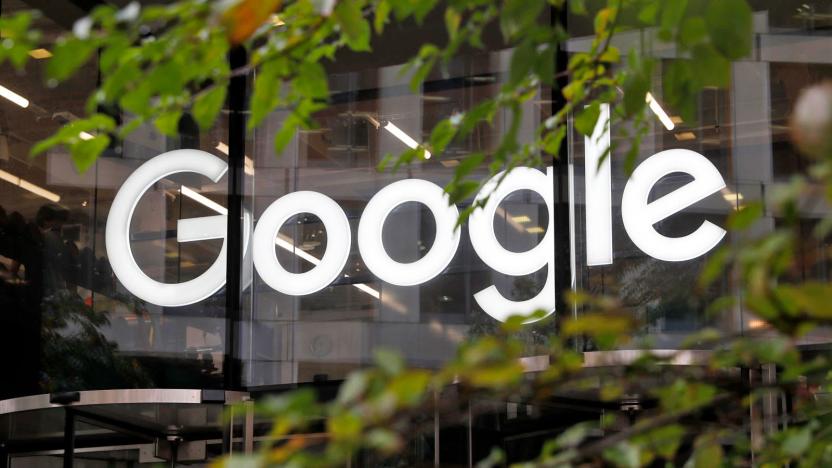
Google will soon let you auto-delete activity and location data
If you're worried about your Google data history coming back to haunt you, you'll be glad to hear that there's now an easy way to keep that history brief. Google is rolling out auto-delete controls for your activity data and location history, letting you automatically scrub information after three or 18 months. While that's not particularly fine-grained, it does save you from having to manually wipe info just to avoid leaving a permanent record.

Google faces surge in police requests for mobile location data
It's clearer than ever that police see smartphones as treasure troves of evidence. New York Times sources understand that law enforcement requests for information from Google's mobile Location History database, known internally as Sensorvault, have "risen sharply" in the last six months. While the exact volume isn't apparent, there have been "as many as 180 requests" in a single week. In some cases, the demands are particularly broad and may scoop up data from "hundreds" of phones, albeit with limits.
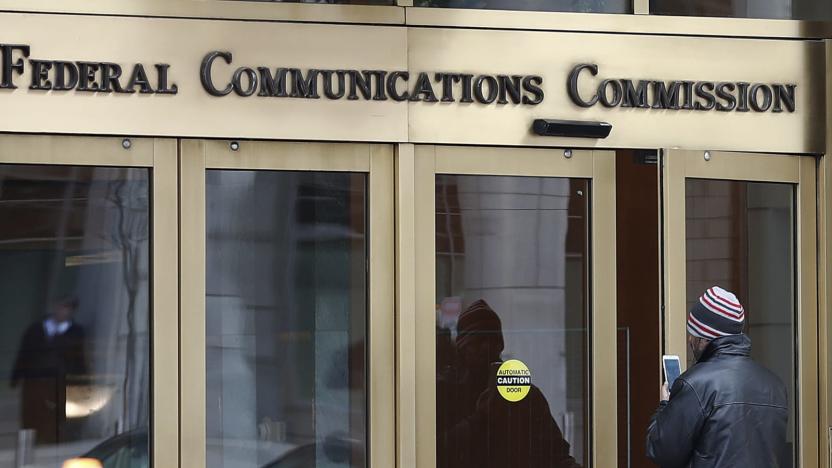
FCC commissioner calls for crackdown on sales of phone location data
If you're concerned that carriers' phone location data is still ending up in the wrong hands nearly a year after the issue became clear, you're not alone. FCC Commissioner Geoffrey Starks has penned an editorial calling for federal action against companies offering "pay-to-track practices." He was frustrated that the regulator hasn't issued any kind of enforcement action despite ongoing reports of data misuse, and that it had both "ample authority" and a "responsibility" to stop this behavior.
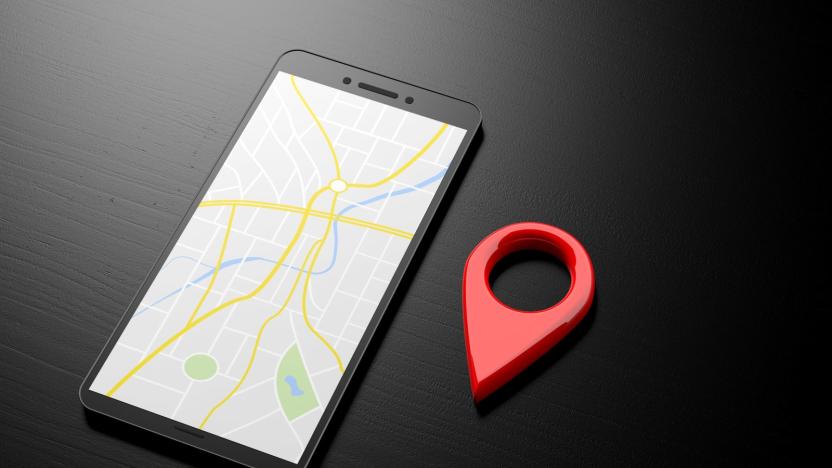
Family tracking app leaked real-time location data for weeks
Family tracking apps can be very helpful if you're worried about your kids or spouse, but they can be nightmarish if that data falls into the wrong hands. Security researcher Sanyam Jain has revealed to TechCrunch that React Apps' Family Locator left real-time location data (plus other sensitive personal info) for over 238,000 people exposed for weeks in an insecure database. It showed positions within a few feet, and even showed the names for the geofenced areas used to provide alerts. You could tell if parents left home or a child arrived at school, for instance.
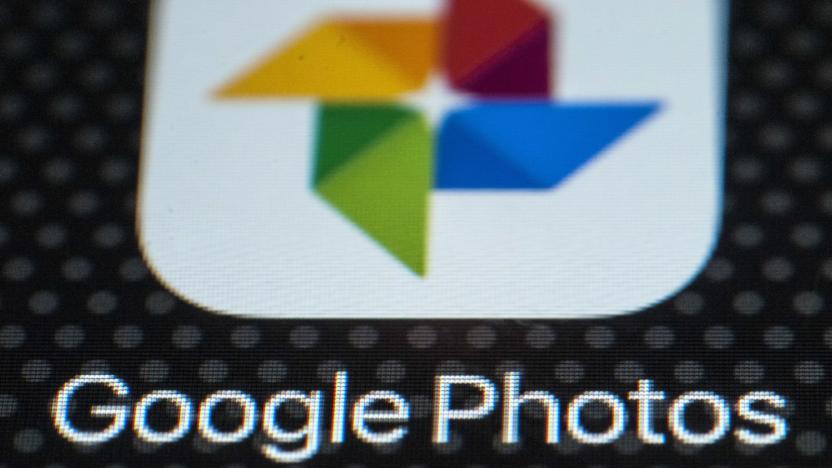
Google Photos flaw let attackers grab users' location data
Researchers have revealed a now-patched flaw that would allow hackers to track your location history using Google Photos. Ron Masas, from security company Imperva, explains in a blog post that Google Photos -- which was recently subject to an Android TV bug -- was vulnerable to browser-based timing attacks, which could leverage a photo's image data to approximate the time of a visit to a specific place or country.

Bluetooth direction finding will locate your keys
Bluetooth's current location technology isn't particularly exacting. Its proximity features can tell you when you're close, but not which way to go -- and the position features are only accurate down to the meter level (about 3.3 feet), which can only help so much when a gadget falls between the couch seats. It's about to improve by leaps and bounds, however, The Bluetooth SIG has introduced direction finding support in its 5.1 standard to make location tech far more precise and overall useful.
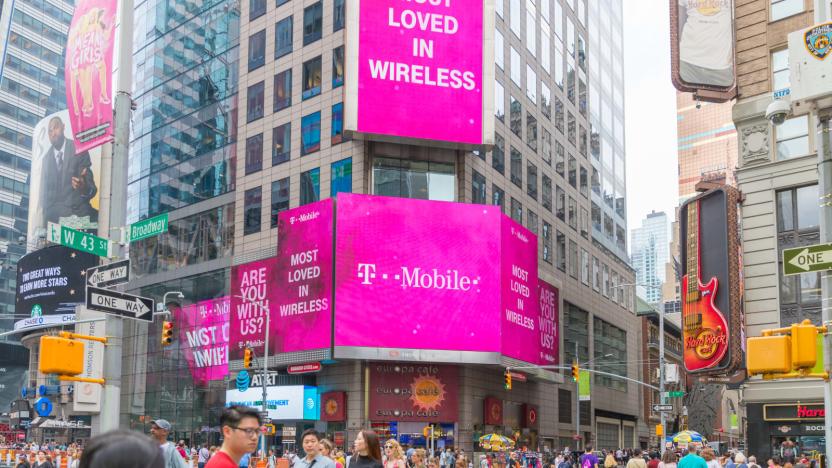
T-Mobile blocks aggregator following customer location tracking scandal
T-Mobile has blocked requests submitted by Zumigo from accessing device location data, according to Gizmodo. The carrier has cut off the controversial company known for being a data aggregator after a Motherboard report revealed that T-Mobile, AT&T and Sprint are selling customer data in an unregulated market. T-Mobile also said that it's nearly done cutting ties with third-party data aggregators like it promised to do last year.

It's way too easy for bounty hunters to get your phone location data
Wireless carriers are supposed to keep a tight leash on your location information, but that's not the case in practice. Motherboard has learned that network location data is reaching bounty hunters and others who aren't supposed to have it. Effectively, it's the result of a flawed data chain. Carriers like AT&T, Sprint and T-Mobile (more on Engadget's parent Verizon in a bit) are relatively strict, passing their info to data aggregators like Zumigo and requiring consent before those aggregators' clients are allowed to use that data. However, things quickly get out of hand. Third parties like Microbilt have sold that data to everyone from bail bond companies to landlords, and those companies promptly use or resell it without telling the affected people.
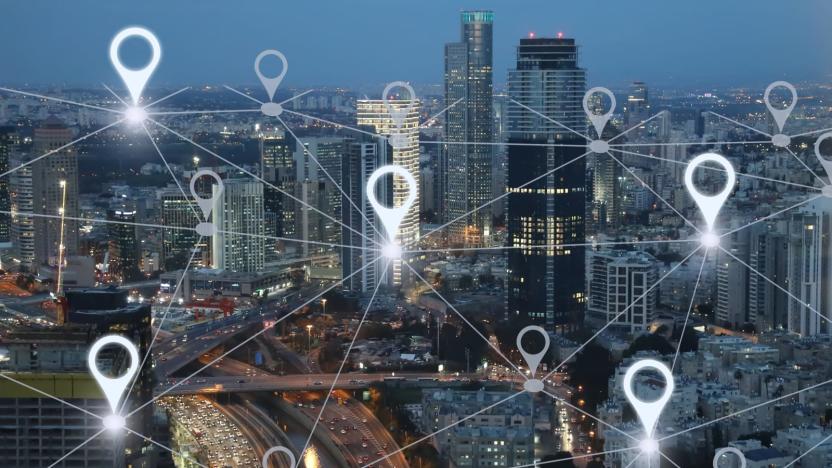
Facebook patents tech that can guess where you're going next
Facebook might not only know where you are in the future, but also where you're going next. Buzzfeed News has discovered that the social network has filed a patent application entitled "Offline Trajectories" for a technology can predict where you're going "based at least in part on previously logged location data." Based on the application's wording, it'll be able to use your previously logged location, as well as other people's, to make predictions.
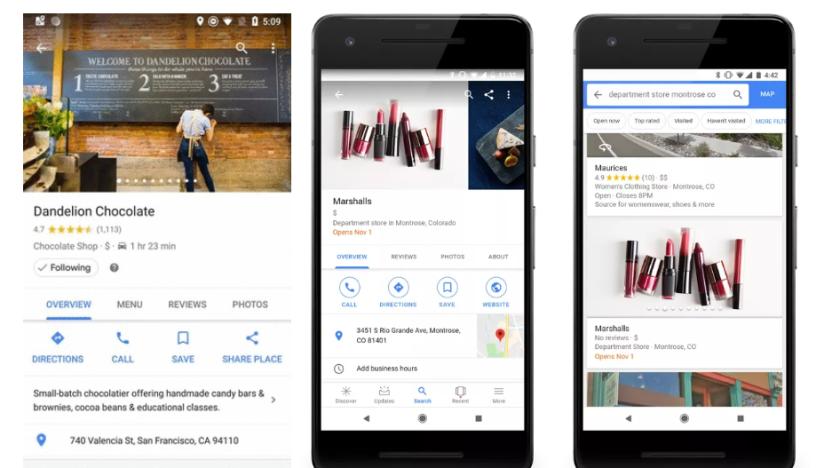
Google Maps' 'Follow' button gives you updates from real places
Google has launched a number of new features for Maps over the last few months. Now, it's rolling out a "Follow" function for locations, which will give you updates on events and offers from your favorite stores and restaurants. And it'll tell you about new places that are opening soon. In search results, dates will appear in bold, and the store card will be populated with its forthcoming address and website.

Swarm's latest update brings it closer to its Foursquare roots
The line between the Swarm and Foursquare City Guide apps just blurred a little more. Foursquare has released Swarm 6.0 for Android and iOS, and its tentpole features will feel familiar if you're more used to browsing places than checking in. Most notably, you now have a Saved Places section that shows all the locations you've bookmarked on top of a "completely rebuilt" map. If you're new to the concept, it's effectively Pinterest for foodies and tourists -- you can browse your friends' lists (when they grant permission), and your own list will sync with the main Foursquare app.

Facebook tests Snapchat-like map for Nearby Friends
Facebook's eagerness to replicate Snapchat features might extend beyond particularly conspicuous elements like Stories and selfie filters. The company has confirmed to TechCrunch that it's testing a rework of Nearby Friends that introduces visuals uncannily like Snapchat's Snap Map. While the conventional list is still there, testers can see friends grouped by city and neighborhood. You'd have a better sense of whether or not a friend is town without having to read a sea of text.

A third-party app can use Grindr to expose your exact location
Back in March, a report revealed that Grindr suffered from flaws that could expose its users' personal information. The company issued a statement in response that said its location tracking feature is more akin to a square on an atlas and can't pinpoint users' exact location. According to a new investigation by Queer Europe, though, Grindr can still expose people's personal data through a third-party app called "Fuckr," which was released in 2015 and can locate up to 600 Grindr users within minutes. And by "locate," we mean it can tell where users are with an accuracy of 6 to 16 feet -- accurate enough to tell which establishment, house or even room they're in.

AccuWeather will give you places to go based on the weather
Place recommendations don't tend to take the weather into account. You don't really want to visit the park when it's pouring outside, do you? AccuWeather certainly doesn't think so -- it's partnering with Foursquare on a "hyper-local" recommendation system in MinuteCast that takes the conditions into account when pointing you to new destinations. It'll suggest the beach or the pool on a hot day, or point you to a nearby coffee shop if you want shelter from the rain.
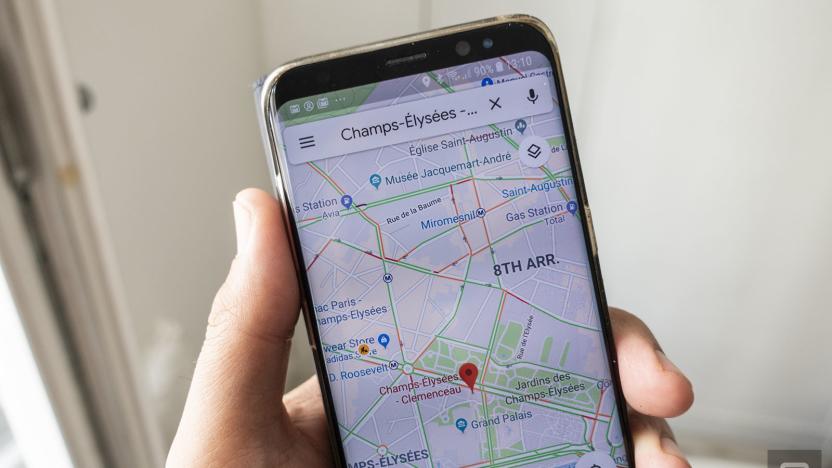
Google clarifies how it tracks users even with Location History off
After the Associated Press reported that certain Google apps still track you even if you turned off location history, Google has changed its help pages and tried to clarify the issue. "We have been updating the explanatory language about Location History to make it more consistent and clear across our platforms and help centers," Google told the AP in a statement.

Google search knows where you were even if you disabled Location History
Earlier today, the Associated Press published a report detailing how Google can log users' locations even if they've opted out of the company's Location History feature. The report indicated that if you want to entirely opt out of Google location tracking, you'll need to access and opt out of a second feature as well, one called "Web & App History." Before getting into the details, here's a statement Google provided the AP (the company had not responded to our requests for comment as of publication time): "There are a number of different ways that Google may use location to improve people's experience, including: Location History, Web and App Activity, and through device-level Location Services. We provide clear descriptions of these tools, and robust controls so people can turn them on or off, and delete their histories at any time."






